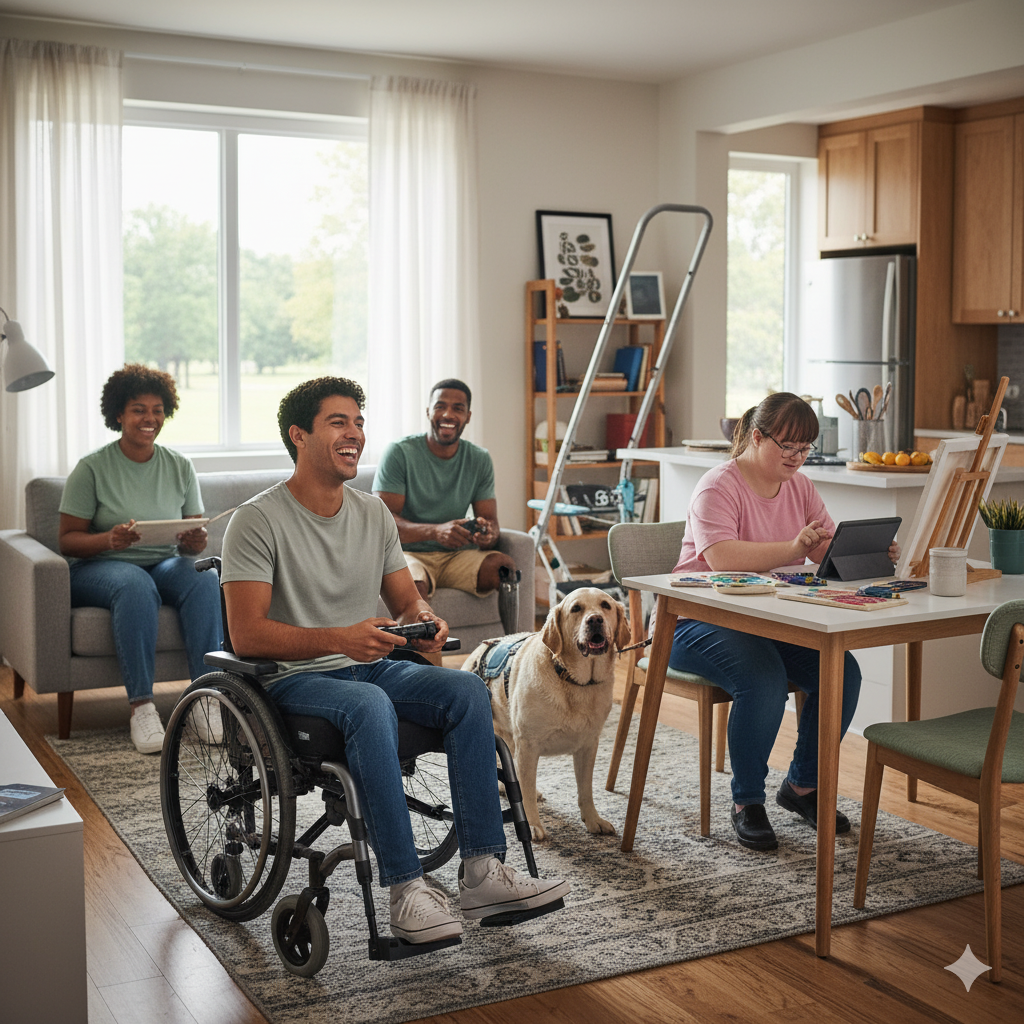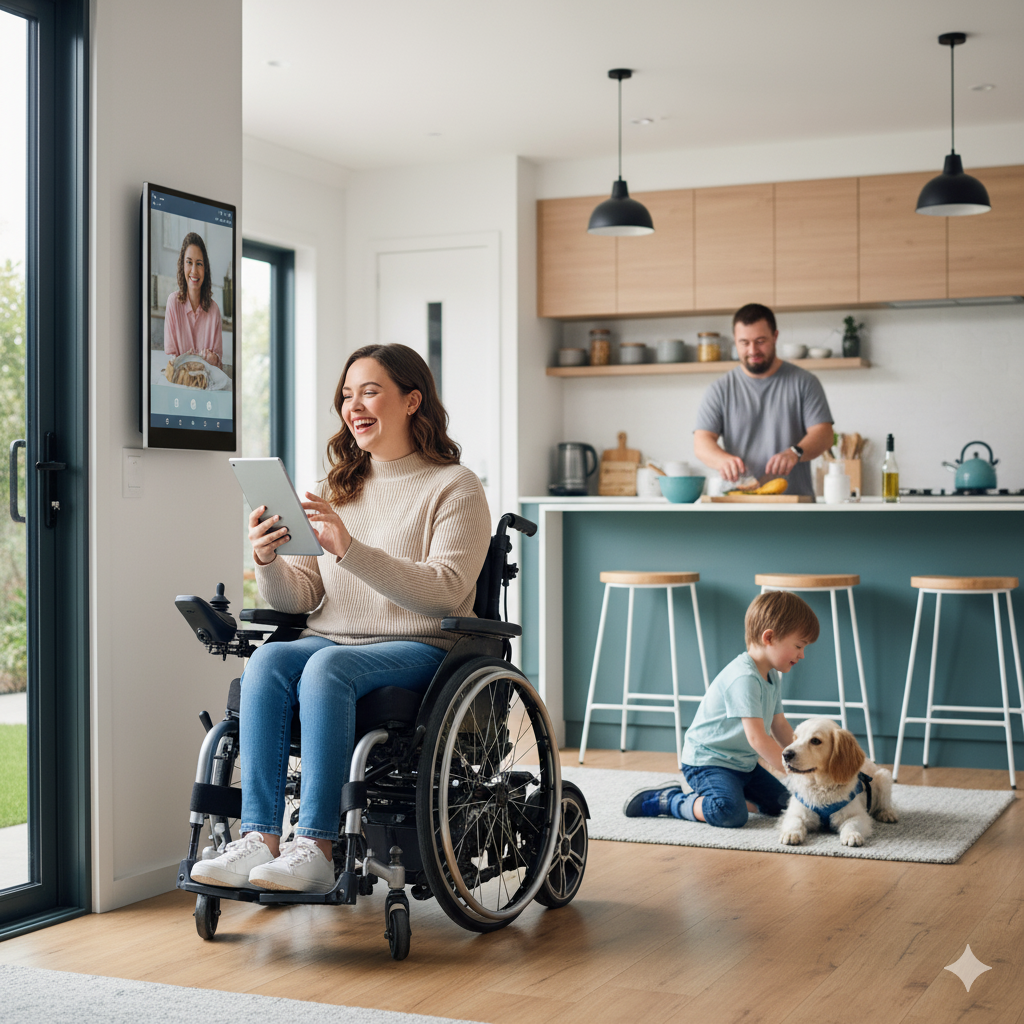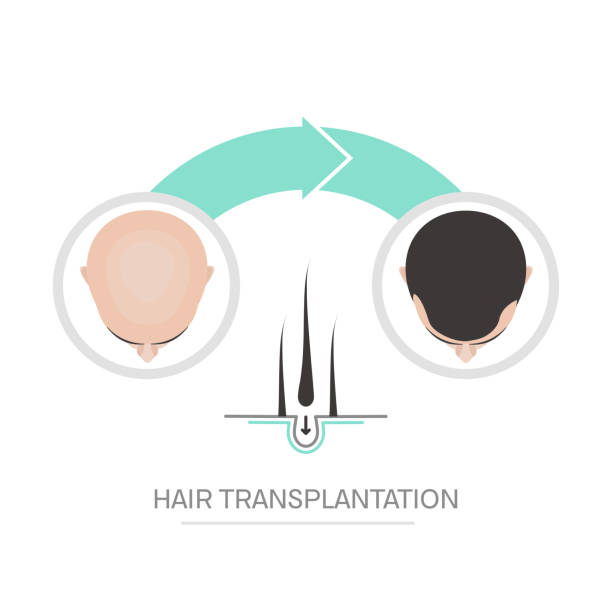
Living with a disability often means facing challenges that can make daily activities more complex. From cooking meals and managing finances to building communication skills and improving independence, many people with disabilities require tailored support to enhance their quality of life. In Australia, the National Disability Insurance Scheme (NDIS) provides funding for services and supports that help participants achieve their goals. One key support category under the scheme is Improved Daily Living NDIS, designed to foster independence, skill-building, and community participation.
In this comprehensive article, we will explore Improved Daily Living, what Improved Daily Living supports are included, who is eligible for Improved Daily Living, how participants can access Improved Daily Living services, and the long-term benefits of Improved Daily Living for NDIS participants.
What is Improved Daily Living in NDIS?
Improved Daily Living NDIS is a key Capacity Building support category under the NDIS. Its main goal is to equip participants with the knowledge, skills, and confidence to manage everyday tasks and live more independently.
The Improved Daily Living NDIS support area is broad and flexible, offering a wide range of services delivered by qualified professionals, including occupational therapists, speech pathologists, psychologists, physiotherapists, and support workers. From learning to use public transport to managing personal care or enhancing communication skills, the Improved Daily Living NDIS empowers participants to achieve their fullest potential.
By focusing on individual needs, the Improved Daily Living NDIS ensures tailored support that helps participants build independence, improve daily functioning, and gain the confidence needed to engage fully in community and personal life.

Why Improved Daily Living Matters
Daily living skills are essential for independence, dignity, and wellbeing. For many participants, mastering these skills can be challenging without proper guidance and support. Improved Daily Living NDIS funding is designed to bridge this gap, helping participants gain the skills they need for daily life.
Building independence – With Improved Daily Living NDIS supports, participants learn how to manage everyday tasks on their own, reducing reliance on others.
Encouraging participation – The skills gained through Improved Daily Living NDIS enable participants to actively engage in community life and social activities.
Boosting confidence – As participants achieve milestones with the help of Improved Daily Living NDIS, their self-esteem and sense of capability grow.
Promoting long-term growth – These supports help develop essential life skills that remain valuable for years, ensuring participants continue to thrive.
For example, a participant who learns budgeting through Improved Daily Living NDIS supports can carry this skill into all areas of life, achieving greater independence and control over their future.

Supports Covered Under Improved Daily Living NDIS
The scope of Improved Daily Living NDIS is diverse, supporting participants across multiple areas of life. With Improved Daily Living NDIS, individuals can access assistance for personal care, household tasks, mobility support, and daily routines. These services are designed to enhance independence and quality of life. Common supports included under Improved Daily Living NDIS are personal hygiene assistance, meal preparation, household management, and mobility support. By focusing on tailored solutions, Improved Daily Living NDIS helps participants achieve greater autonomy and confidence in their daily lives. For anyone seeking practical, person-centered support, Improved Daily Living NDIS offers flexible and reliable assistance that truly makes a difference.
1. Occupational Therapy
Occupational therapists assist participants in building practical skills such as dressing, meal preparation, and using adaptive equipment. They also help modify home environments to ensure safety and accessibility.
2. Speech Therapy
Speech pathologists support participants with communication, swallowing difficulties, or social interaction challenges. This can make a huge difference for individuals with autism, developmental delays, or speech impairments.
3. Psychology Services
Psychologists help participants develop coping mechanisms, emotional regulation, and social skills. They also provide therapy for conditions such as anxiety, depression, or behavioural difficulties.
4. Physiotherapy
Physiotherapists work with participants to improve mobility, strength, and coordination. These skills directly impact daily living by enabling individuals to move safely and confidently.
5. Personal Care Training
Support workers provide practical training in grooming, hygiene, cooking, shopping, and cleaning, ensuring participants can manage personal and domestic responsibilities.
6. Financial and Social Skills
Many providers offer training in budgeting, time management, and building healthy social relationships, which are crucial for long-term independence.
Who is Eligible for Improved Daily Living Supports?
Any NDIS participant may be eligible for Improved Daily Living funding if they demonstrate a need for skill development to achieve their goals. Eligibility depends on:
- The participant’s NDIS plan goals
- The level of support required to increase independence
- Recommendations from allied health professionals
- Functional assessments or reports
Improved Daily Living is not restricted to any specific disability. People with intellectual disabilities, autism spectrum disorder, physical disabilities, or psychosocial conditions can all benefit.
How to Access Improved Daily Living in Your NDIS Plan
To include Improved Daily Living supports in your NDIS plan, participants need to follow these steps:
- Identify goals – During your planning meeting, clearly outline your goals, such as “I want to learn how to cook independently” or “I want to improve my communication skills.”
- Provide evidence – Gather reports and recommendations from healthcare professionals to demonstrate why these supports are necessary.
- Request funding – Ask your planner or Local Area Coordinator (LAC) to allocate funds to the Capacity Building budget under Improved Daily Living.
- Choose a provider – Work with a registered NDIS provider, such as One Vision Support Services, to tailor supports to your needs.
- Review progress – Regularly evaluate your progress with your provider to ensure you’re meeting your goals.
Benefits of Improved Daily Living NDIS
The impact of Improved Daily Living supports goes far beyond practical skill-building. Here are some of the major benefits:
1. Greater Independence
Participants gain the ability to carry out daily tasks such as cooking, cleaning, or self-care without constant supervision.
2. Improved Health and Wellbeing
Therapies such as physiotherapy and psychology directly contribute to better physical and mental health.
3. Enhanced Communication
Speech therapy and social skills training empower participants to express themselves clearly and confidently.
4. Community Inclusion
With skills such as money management or transport training, participants are better equipped to engage with their communities.
5. Long-Term Empowerment
The skills learned under Improved Daily Living remain valuable for life, enabling participants to achieve long-term goals.
Examples of Improved Daily Living in Action
- Case Study 1: A 19-year-old participant with autism worked with a speech therapist to improve communication. Within six months, he was confidently ordering food at restaurants and making new friends.
- Case Study 2: An older participant recovering from a stroke engaged in physiotherapy under Improved Daily Living. She regained the strength to walk short distances independently, reducing her reliance on mobility aids.
- Case Study 3: A young adult with intellectual disability received training in budgeting and meal preparation. He now lives semi-independently in supported accommodation.
These real-life examples highlight how impactful Improved Daily Living supports can be in transforming lives.
Choosing the Right Provider for Improved Daily Living
Not all providers deliver the same quality of services, so it’s essential to choose a reliable partner. A good NDIS provider will:
- Offer a wide range of allied health services
- Tailor supports to each participant’s unique goals
- Provide progress tracking and reporting
- Employ experienced and qualified professionals
For instance, One Vision Support Services is a trusted NDIS provider offering a comprehensive range of supports under Improved Daily Living. Their team focuses on participant-centred care, ensuring that every service is aligned with individual needs and goals.
Tips to Maximise Improved Daily Living Supports
To get the most out of your funding:
- Set clear goals – The more specific your goals are, the easier it is to measure progress.
- Stay consistent – Regular participation in therapy and skill-building sessions yields better results.
- Track progress – Keep a record of your achievements and challenges to discuss during plan reviews.
- Seek feedback – Regularly communicate with your providers about what’s working and what isn’t.
- Be proactive – If you feel you need more support, request adjustments during plan reviews.
Common Questions About Improved Daily Living NDIS
1. Is Improved Daily Living funding flexible?
Yes, participants can use the funding for a wide range of services depending on their goals and needs.
2. Can family members be involved in training?
Absolutely. Family and carers often receive guidance on how to support the participant at home.
3. Is a diagnosis required to access this funding?
While a diagnosis helps, the NDIS focuses on functional impact rather than labels. Evidence from professionals is usually required.
4. Does funding cover equipment?
Generally, equipment comes under Capital Supports, but occupational therapists may recommend tools that align with Improved Daily Living.
Conclusion
Improved Daily Living NDIS is more than just a support category – it is a pathway to independence, growth, and confidence. By focusing on everyday skills, communication, and personal development, this funding empowers participants to live more fulfilling lives.
Whether it’s learning to manage finances, gaining mobility, or improving social interactions, Improved Daily Living ensures participants are supported in meaningful ways. To make the most of this support, it’s essential to choose a reliable provider.
Providers like “One Vision Support Services” offer professional, participant-focused services that align with individual goals and promote long-term success. With the right guidance and dedication, Improved Daily Living supports can truly transform lives.



